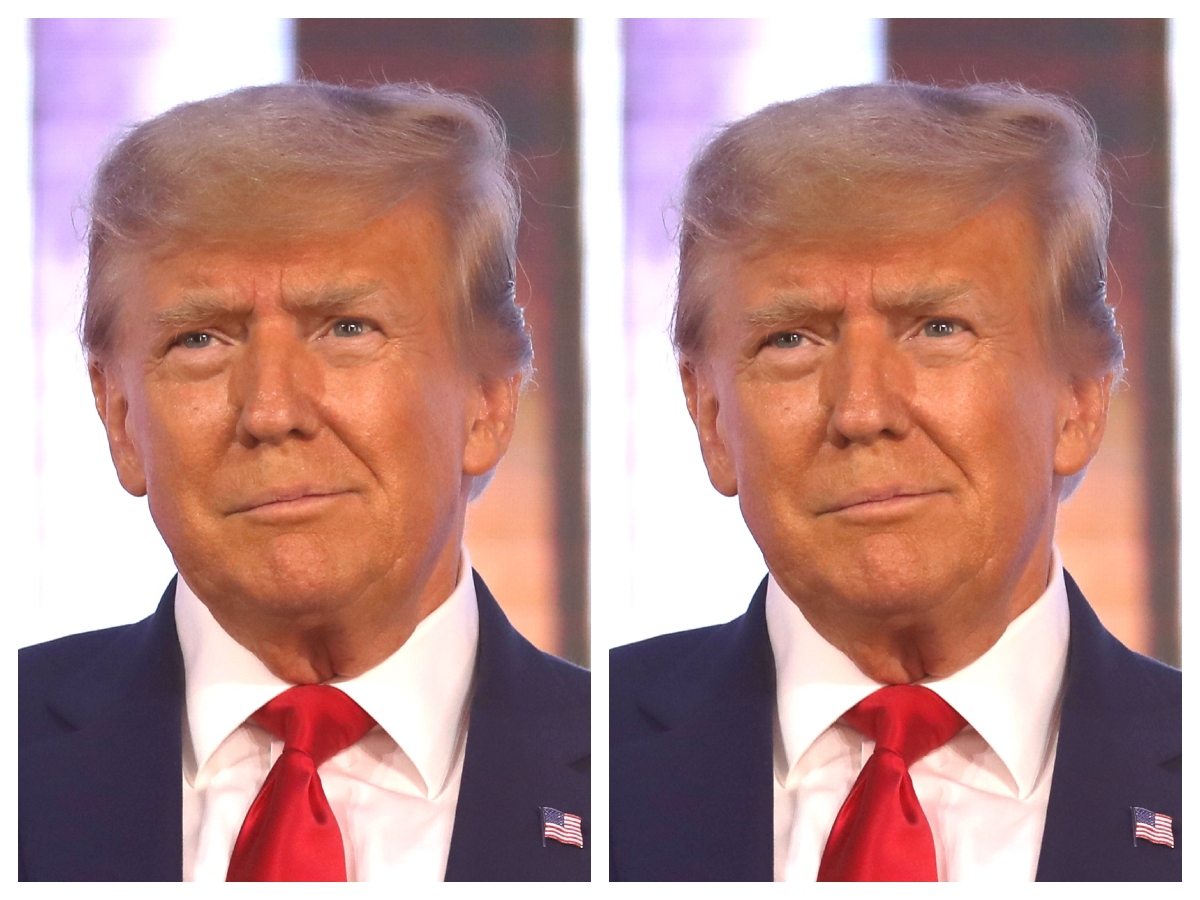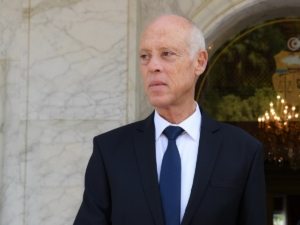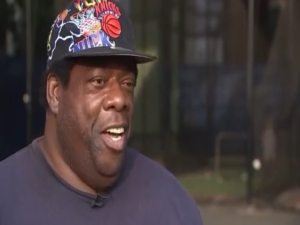A federal judge in Massachusetts has again halted the Trump administration’s attempt to end birthright citizenship for children born to undocumented or temporary migrants, marking the third nationwide block since the Supreme Court’s pivotal ruling in June reshaping the use of injunctions.
U.S. District Judge Leo Sorokin reaffirmed a nationwide injunction that more than a dozen states had previously secured. While the Supreme Court recently narrowed the ability of lower courts to impose sweeping national rulings, Sorokin determined that an exception applies in this case, allowing the broader block to stand.
At the core of the legal fight is President Donald Trump’s executive order aiming to deny U.S. citizenship to children born on American soil if their parents are in the country illegally or on temporary visas. The policy has drawn widespread legal condemnation from states, who say it violates the 14th Amendment and risks undermining critical federal funding for health, education, and welfare services tied to citizenship.
READ ALSO: Appeals court strikes down Trump’s birthright citizenship order as unconstitutional
“American-born babies are American, just as they have been at every other time in our Nation’s history,” said New Jersey Attorney General Matthew Platkin, a lead figure in the lawsuit. “The President cannot change that legal rule with the stroke of a pen.”
Watch a recent episode of The BreakDown podcast below and subscribe to our channel PanaGenius TV for latest episodes.
Sorokin rejected government attorneys’ push to limit the injunction only to states claiming direct financial harm. He argued that such a narrow approach would be ineffective, given the mobility of people between states and the national scope of the policy.
“That is, they have never addressed what renders a proposal feasible or workable, how the defendant agencies might implement it without imposing material administrative or financial burdens on the plaintiffs, or how it squares with other relevant federal statutes,” Sorokin wrote. “In fact, they have characterized such questions as irrelevant to the task the Court is now undertaking. The defendants’ position in this regard defies both law and logic.”
Though Sorokin made clear that his decision is not the final word on the matter, he stated unequivocally that, as it stands, “the Executive Order is unconstitutional.”
“Trump and his administration are entitled to pursue their interpretation of the Fourteenth Amendment, and no doubt the Supreme Court will ultimately settle the question,” he added.
Legal challenges to the executive order have gained momentum across the country. Earlier this month, a judge in New Hampshire issued a similar nationwide injunction in a separate class-action suit. That order recently took effect after the Trump administration failed to appeal within the allotted time.
Also this week, a federal appeals court based in San Francisco declared the policy unconstitutional, affirming an earlier ruling that blocked the order. A Maryland judge, too, signaled readiness to follow suit, contingent on appellate approval.
While the Supreme Court’s June ruling limited lower courts’ authority to issue sweeping injunctions, it left the door open for nationwide relief in class-action lawsuits or those involving state plaintiffs, provisions that apply in the current legal battles.
Plaintiffs in the Boston case argue that birthright citizenship is clearly protected by the 14th Amendment, ratified in 1868 after the Civil War and the Dred Scott ruling. Trump’s order, they say, amounts to a “flagrantly unlawful attempt to strip hundreds of thousands of American-born children of their citizenship based on their parentage.”
The administration’s defense hinges on a narrow interpretation of the Constitution’s language, asserting that children of noncitizens are not “subject to the jurisdiction” of the United States and therefore not entitled to automatic citizenship.
The White House has not yet responded to the latest ruling, and no appeal has been filed in the most recent cases. For now, the Trump administration’s attempt to reshape birthright citizenship remains legally frozen, pending what is likely to be a final judgment from the nation’s highest court.
READ ALSO: Trump Administration sues NYC over sanctuary policies










